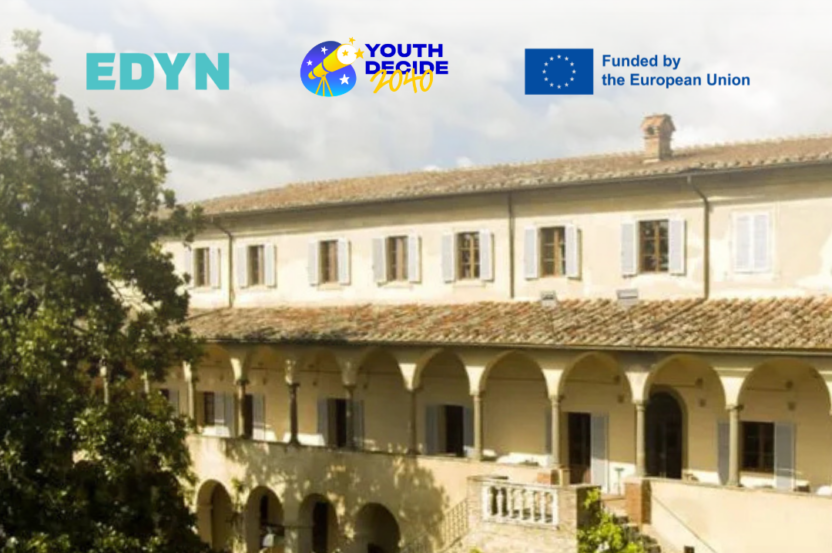EDYN Features are short articles where our members share their thoughts on key issues like youth engagement, disinformation, democracy, EU enlargement, and conflict resolution. The goal is to spark conversations, highlight different perspectives, and to help us all think more deeply about what’s happening in the world.
Want to be a part of the series? Write a message to [email protected] and share your ideas!
Threats to Democracy in North Macedonia: Youth’s Perspective
 |
Written by Bojan LazarevskiMember of EDYN North Macedonia
|
The EU integration has played a crucial role in North Macedonia’s ongoing transition from a socialist one-party system under Yugoslavia to a liberal democracy. Over the years, the EU has provided political and financial support to strengthen democratic institutions, improve governance, and uphold the rule of law. This made the EU a key partner in the country’s reform process, and a crucial promoter of democratic values, as the country made significant efforts to align with EU standards through reforms. Since democratization and Europeanization became deeply interconnected in North Macedonia, the future of EU integration will significantly shape the country’s democratic trajectory.
However, delays in accession negotiations, often due to external vetoes rather than internal shortcomings, have led to growing frustration among citizens and policymakers. If left unaddressed, this could jeopardize the country’s European trajectory, threatening its long-term commitment to democratic reforms, with fears that the stalled process could slow down or even reverse progress. The latest setbacks have further weakened public trust in the EU, increasing the risk that this political vacuum could be exploited by other [authoritarian] international actors.
One of the main pillars of any democracy should be the rule of law and a functional system free of corruption. These foundations, which are also closely tied to the broader democratization process and the EU accession agenda, remain major challenges in North Macedonia. They are broadly accepted among the citizens as profound obstacles to the democratic development, as public trust in the judicial system remains at the lowest level of all institutions. The erosion of trust in these critical pillars undermines the legitimacy of democratic governance, fuels political apathy, and creates fertile ground for authoritarian tendencies to take root. To address this, North Macedonia must prioritize comprehensive judicial reforms, enhance transparency, and strengthen anti-corruption mechanisms, with sustained support from the EU, the US, and other international partners to ensure accountability and rebuild public confidence.
Finally, political polarization remains as another persistent and significant challenge throughout the years in North Macedonia. With deep divisions between major political parties, coupled with a frequent climate of political crises, this polarization has often contributed to government instability, with snap elections and disruption in long-term policy implementation. This challenge is further exacerbated by a lack of institutional memory and the absence of a coherent, consistent set of priorities and strategies. The polarization and inability to build consensus on key national issues stalls critical reforms, including those necessary for EU integration, and erodes public trust in political institutions. Addressing and overcoming this entrenched divide, with a focus on political collaboration, will be essential for ensuring long-term democratic stability and progress.



